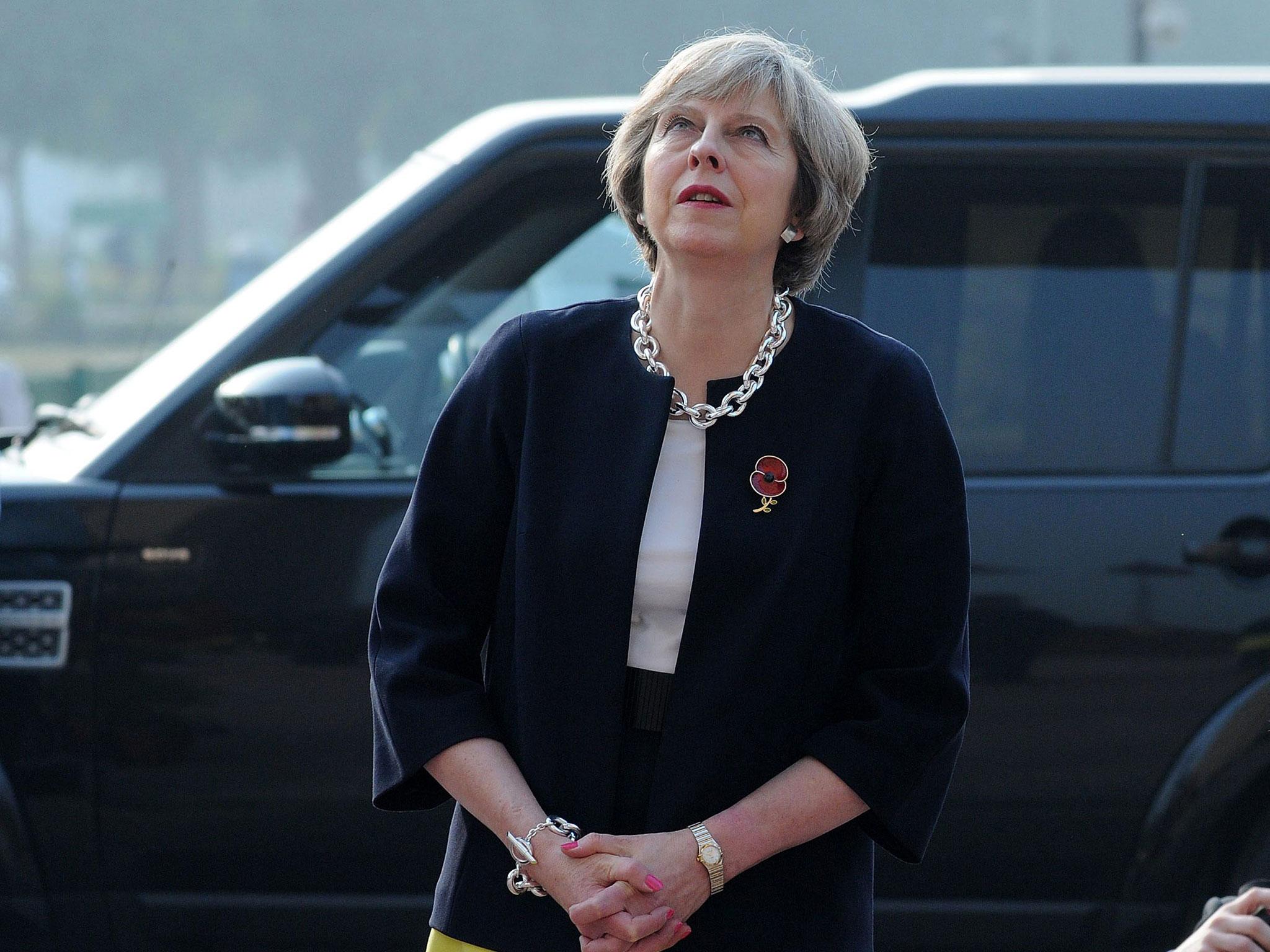Brexit latest: Supreme Court gives Theresa May permission to appeal Article 50 ruling

Theresa May has been given permission by the Supreme Court to appeal against a legal ruling forcing her to give Parliament a vote on the plans for Brexit.
The Government has been allowed to appeal against the High Court ruling delivered last week that the Prime Minister must seek MPs' approval to trigger Article 50 of the Lisbon Treaty, launching official Brexit talks.
The challenge will start on 5 December and is expected to last four days.
At the completion of legal submissions, the judges will reserve their decision to a date “probably in the New Year”.
It is the first time that all 11 justices will sit to hear a case.
The appeal move follows a ruling last Thursday by three High Court judges that the Prime Minister does not have power to use the royal prerogative to trigger Article 50 herself and start the two-year process of negotiating Brexit without the prior authority of Parliament.
Government lawyers had argued that prerogative powers were a legitimate way to give effect “to the will of the people” who voted by a clear majority to leave the European Union in the June referendum.
But Lord Thomas declared: “The Government does not have power under the Crown's prerogative to give notice pursuant to Article 50 for the UK to withdraw from the European Union.”
The Lord Chief Justice – sitting with the Master of the Rolls, Sir Terence Etherton, and Lord Justice Sales – emphasised that the issue was “a pure question of law”.
“The court is not concerned with and does not express any view about the merits of leaving the European Union: that is a political issue,” he added.
News that the Government will be allowed to appeal this ruling comes as Scotland's First Minister Nicola Sturgeon launched a legal ambush on the UK Government and ordered the nation’s most senior law officer, the Lord Advocate, to lodge a formal application at the Supreme Court to intervene in the case.
Ms Sturgeon said it "simply cannot be right" that rights linked to membership of the European Union "can be removed by the UK Government on the say-so of a Prime Minister without parliamentary debate, scrutiny or consent".
The First Minister said she would not go into the detail of what the Lord Advocate would argue, something which will ultimately be down to the legal officer to determine. But she made it clear that she personally believes the UK Government should seek approval for triggering Article 50 through parliamentary consent, not only in Westminster, but also at Holyrood.
Ms May announced at the Conservative Party conference that she intends to trigger Article 50 by the end of March 2017. That decision saw "concerned citizens" drawn from all walks of life take the Government to the High Court, with the lead challenge brought by investment fund manager and philanthropist Gina Miller.
In Tuesday's statement, the Supreme Court said it had "now received formal notification of the Government's intention to appeal the High Court's decision" of 3 November.
It added that "permission to appeal has been granted" by a panel of three justices – Supreme Court President Lord Neuberger, Lord Mance and Lord Kerr – "and the case can now proceed to a full hearing".
The Supreme Court has set aside four days, 5 to 8 December, for the hearing. The statement said: "The exact number of days and timings will depend on further submissions received from the parties on the precise legal arguments to be considered, the number of interveners and whether any other related cases are joined to this one.
"However, at this stage, we expect the hearing may well last all four days from Monday 5 December.
"The court can also confirm that all 11 justices will sit on the panel considering this appeal, which will be chaired by Lord Neuberger, President of the Supreme Court.
"The Supreme Court will sit in its largest courtroom and make available a live video feed in the other two courtrooms in the building to enable as many members of the public as possible to observe proceedings.
"It should be added that, as with all Supreme Court proceedings, this appeal will be live streamed on our website, so it is not necessary for people to attend the building in person to watch the hearing.
"Judgment will be reserved at the conclusion of that hearing and follow at a later date, probably in the New Year."
Join our commenting forum
Join thought-provoking conversations, follow other Independent readers and see their replies
Comments
Bookmark popover
Removed from bookmarks